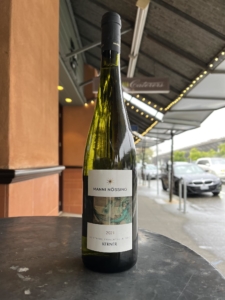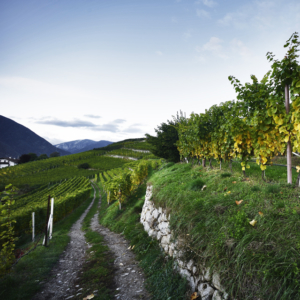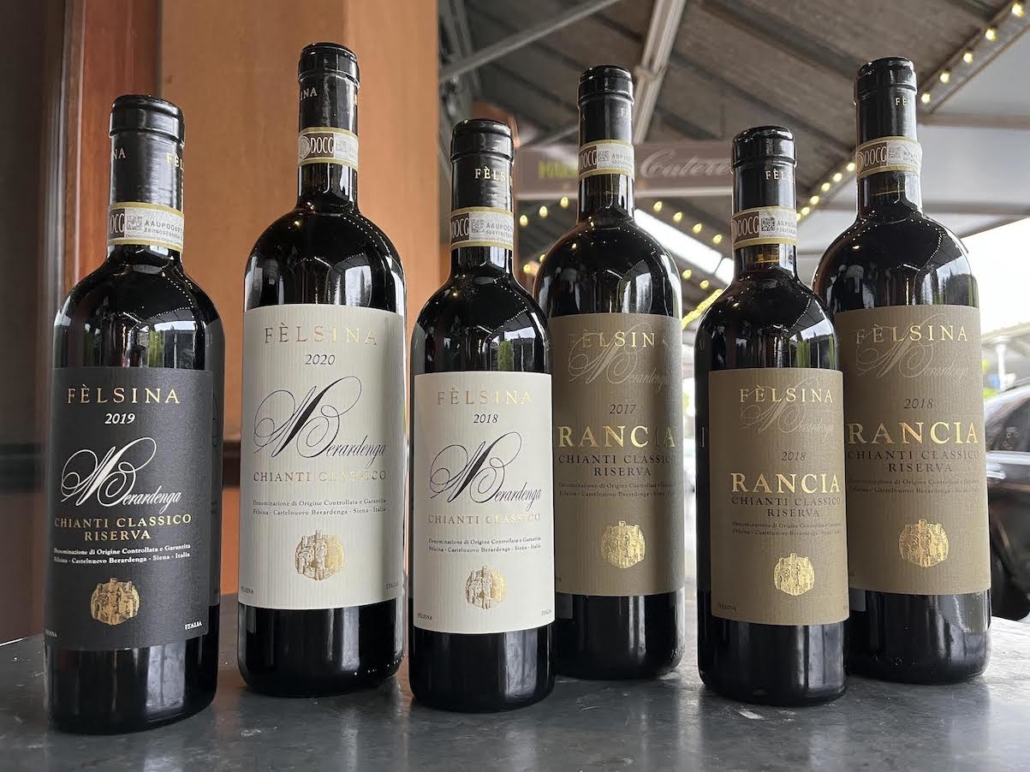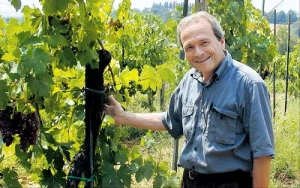 Named for a charismatic German Romantic poet, the Kerner grape is fast approaching its 100th anniversary. It was vine breeder August Herold who decided, in 1929, to cross the white grape riesling with the red grape trollinger (schiava). His goal was to produce a white grape that would flourish in colder climates. So pleased was he with the results that he named his new creation after local legend Justinus Kerner, a poet cum medicine man known for his magnetic personality.
Named for a charismatic German Romantic poet, the Kerner grape is fast approaching its 100th anniversary. It was vine breeder August Herold who decided, in 1929, to cross the white grape riesling with the red grape trollinger (schiava). His goal was to produce a white grape that would flourish in colder climates. So pleased was he with the results that he named his new creation after local legend Justinus Kerner, a poet cum medicine man known for his magnetic personality.
Despite its German roots, Kerner (the grape) seems to find its peak level in Italy’s far-northern Alto Adige region. For proof, look no further than the 2021 Manni Nössing Kerner – Südtirol Eisacktaler. The grapes for this aromatic and herbaceous gem come from steep, granite-heavy vineyards in the Valle Isarco (Eisacktaler in German), tucked among the Dolomites. Fermentation is mostly done in stainless steel, along with some acacia barrels, and the juice rests on the lees for a few months, adding a bit of texture.

Nössing’s hillside vineyards
Quite similar to riesling, Kerner is generally considered to be a bit less racy and a little softer and rounder than its parent grape. Although Kerner is often disparaged as a “heavy lifter”–known more for its high yields and durability rather than its excellence–Nössing’s version certainly flips the script. It offers vibrant, tangy, stone-fruit flavors and a whiff of Alpine wildflowers, buttressed by the ample acidity and mineral edge for which this region is known.
Among his many endeavors, Justinus Kerner also made his mark as a composer of drinking ditties. Wohlauf, noch getrunken, perhaps his most famous title, loosely translates as “well, looks like I’m still drunk.” No doubt ol’ Justinus Kerner would be proud of the work Manni Nössing does with his namesake grape. Nössing is, indeed, the “king of Kerner,” and whether you’re already a Kerner aficionado or you’re looking for a new discovery, Nössing’s Kerner is perhaps the finest example in the world.


